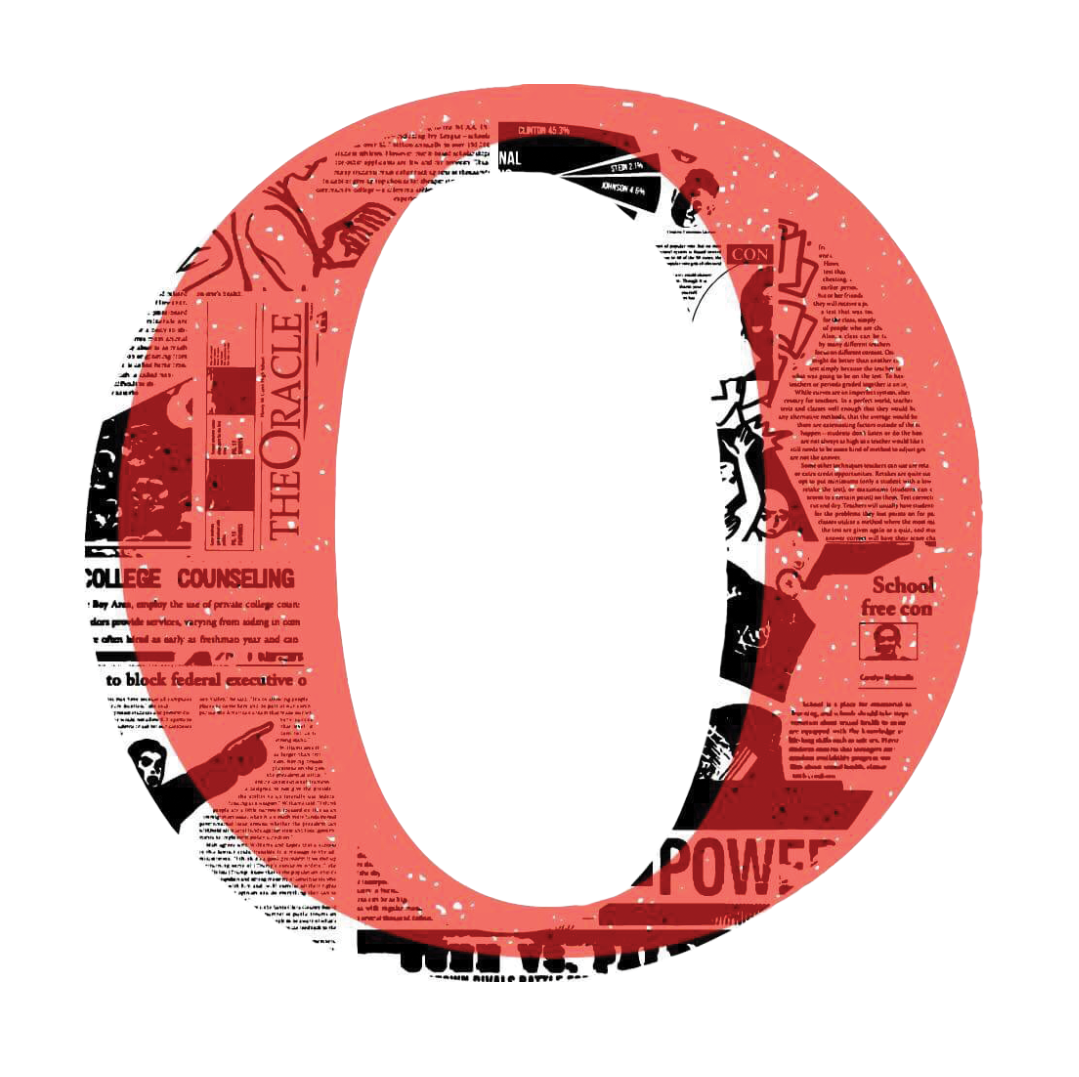Pro: Should students buy clothing from thrift stores?
Climate change, driven by human activity, is one of the big-
gest threats our world has ever faced. Thus, we need to find a
way to cut down our carbon footprints. An easy way to do that
is to change where we buy our clothes. Thrifting is one way we
can shop for quality clothes that are both cheaper and more
ethical.
The fast fashion industry—which produces cheap and
trendy clothes—is the biggest contributor to excessive waste.
Dyes, unsold clothes and scrap material are dumped, disrupt-
ing ecosystems and contributing to rising greenhouse gas
emissions. While many buyers are aware of the negative en-
vironmental impacts of the fast fashion industry, the afford-
ability of the clothes is often too hard to pass up. The fast fash-
ion industry puts many popular items in close reach for low
prices, while more ethical brands offer less popular clothes at
much higher prices.
The problems with the fast fashion industry do not end
with its contributions to environmental degradation—ethi-
cal problems such as exploitation of child labor have been
well documented. According to “The New York Times,” the
production of fast fashion has also notoriously been linked to
unsafe working conditions and underpayment for employees.
Demand for new clothing from environmentally-unfriend-
ly manufacturers could be lowered dramatically if customers
turned to the secondhand market.
Technically speaking, those who thrift don’t completely
avoid the problems of child labor. Thrift stores sell donated
clothes, and there are no donation parameters which say that
you can’t donate clothes that were cheap or made by the fast
fashion industry. However, choosing to buy clothes that have
already been in circulation is choosing to have one fewer
garment made unethically. A preference to buy secondhand
prevents more morally problematic garments from being pro-
duced.
Even thought used clothing has had a bad rap historically—
low class, dirty, uncool—it offers many advantages beyond its
environmental friendliness. For example, the secondhand
clothes market is perfect for fashionistas on a budget, achiev-
ing a balance between affordability, attractiveness, quality
and ethical production. The early 2000s brought a return
to vintage fashion. Many people looking to follow the trend
turned to thrift stores to transform their wardrobe. Since
then, the demand for vintage clothes has skyrocketed—espe-
cially among young people. Low rise jeans, bedazzled tees and
crochet sweaters are some staples of thrift stores.
The secondhand clothes market also offers shoppers the
opportunity to acquire high-value, durable clothes. Although
there are plenty of low-end garments in thrift stores, there are
also plenty of quality used clothes, which are often cheaper
than clothes of a similar quality found in department stores.
As well as being cost-effective and green, thrifting is re-
warding in other ways, especially for those who enjoy “the
hunt.” Unlike department stores that carefully order new
clothes by type and brand, thrift stores are a melange of every
kind of clothing imaginable. The most organized thrift stores
may sort by size and garment category, but each store has a
unique setup, and every search offers the possibility of a dia-
mond in the rough. Some thrift stores even have large bins
filled with clothes, which provide yet another opportunity to
discover something special.
The Earth is warming and the fate of our planet depends
on our collective action. Changes at the government level as
well as ones in our daily lives matter. And let’s be clear—not
all these changes need to be drastic. You don’t need to become
a vegetarian or buy an electric car to contribute. It’s about the
little things, like reusing wrapping paper when giving a gift,
starting a compost bin or shopping secondhand. Thrifting is
just one of the many ways you can strike a balance and give
back to the Earth while also having fun.
